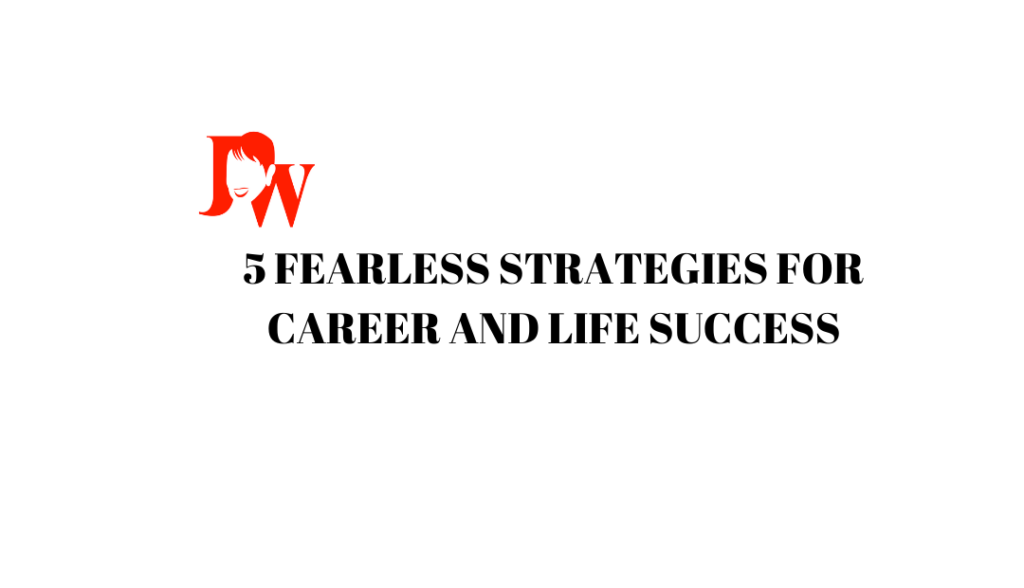Building Empathy in The Workplace
Everyone wants to be understood but not everyone takes the time to understand the others point of view. Empathy is the ability to put yourself in the other’s shoes. If you can feel what other people are feeling, or at least relate to it in some way, you are in empathy. When you see great acting and are touched by the experience you are witnessing, that’s empathy. Knowing how the other person feels and open to understanding what they might be thinking is a powerful connector, and opens up a myriad of possibilities for better work relationships.
Strategy 1
Trust is based on several elements that work together to create lasting relationships. If I know I can depend on you to take the right actions, believe you have my best interests at heart, and see that you are transparent in your dealings with me, we have created a bond of trust that results in an open heart-centered relationship that is highly empathic.
Strategy 2
Communication is an essential skill that many people overlook or don’t fully understand. A critical part of being understood and relating you understanding of others is essential to healthy relationships. We have millions of conversations throughout our lifetime that often go unnoticed unless there is something meaningful being expressed and it has an impact on your life. How many times have you felt misunderstood, pushed aside, ignored or diminished in a conversation that didn’t build empathy or trust? We have all had these experiences. Communication is complicated which is why it’s an integral part of leadership training. Listen to understand. Listen to empathize with the person you’re talking to. Build that muscle and your relationships will change.
Strategy 3
How many times have you received negative feedback? You probably remember more negative feedback than positive ones. That’s because many will lead with the negatives before they get around to the positives and that doesn’t inspire empathy. Usually the opposite. Defensiveness, rejection, disappointment, maybe even anger. These are not conducive to building relationships of trust, and hence we suffer at work complaining or simply silently resentful until we decide to leave. We don’t feel any empathy in this situation. But turn it around and start with the positive, what you liked, what you admire, how you can see that the person is having a hard time, and then look for solutions to help the situation, that becomes a different conversation and not only builds your trust factor but makes you a more likeable person.
Strategy 4
Edgar Schein, noted scholar of organizational culture leadership and the author of Humble Inquiry states that humble inquiry is about asking questions in a way that shows your colleagues that their perspective matters and, importantly, that you respect their decisions. It’s an attitude of caring. And an attitude of building relationships that matter. When you use the art of humble inquiry you’re showing that you really want to know what’s in the other person’s mind, sincerely. When people know how much you care, to paraphrase Maya Angelou, they will respond in kind. That’s worth the price of learning how to communicate with empathy.
Strategy 5
As a leader you need to share your vision to align yourself with others. (Watch my interview with Nwando Anyouku of Swedish Health) Shared vision connects people with powerful motivation and inspiration to withstand the inevitable challenges and setbacks. When we are clear in direction and you can bring people into the conversation that will allow them to feel like they are part of it, you will not only connect more meaningfully with others, but it will allow them to feel acknowledged for their contribution to the realization of the vision.
Did you miss this week’s newsletter on empathy in the workplace? Here’s the link

